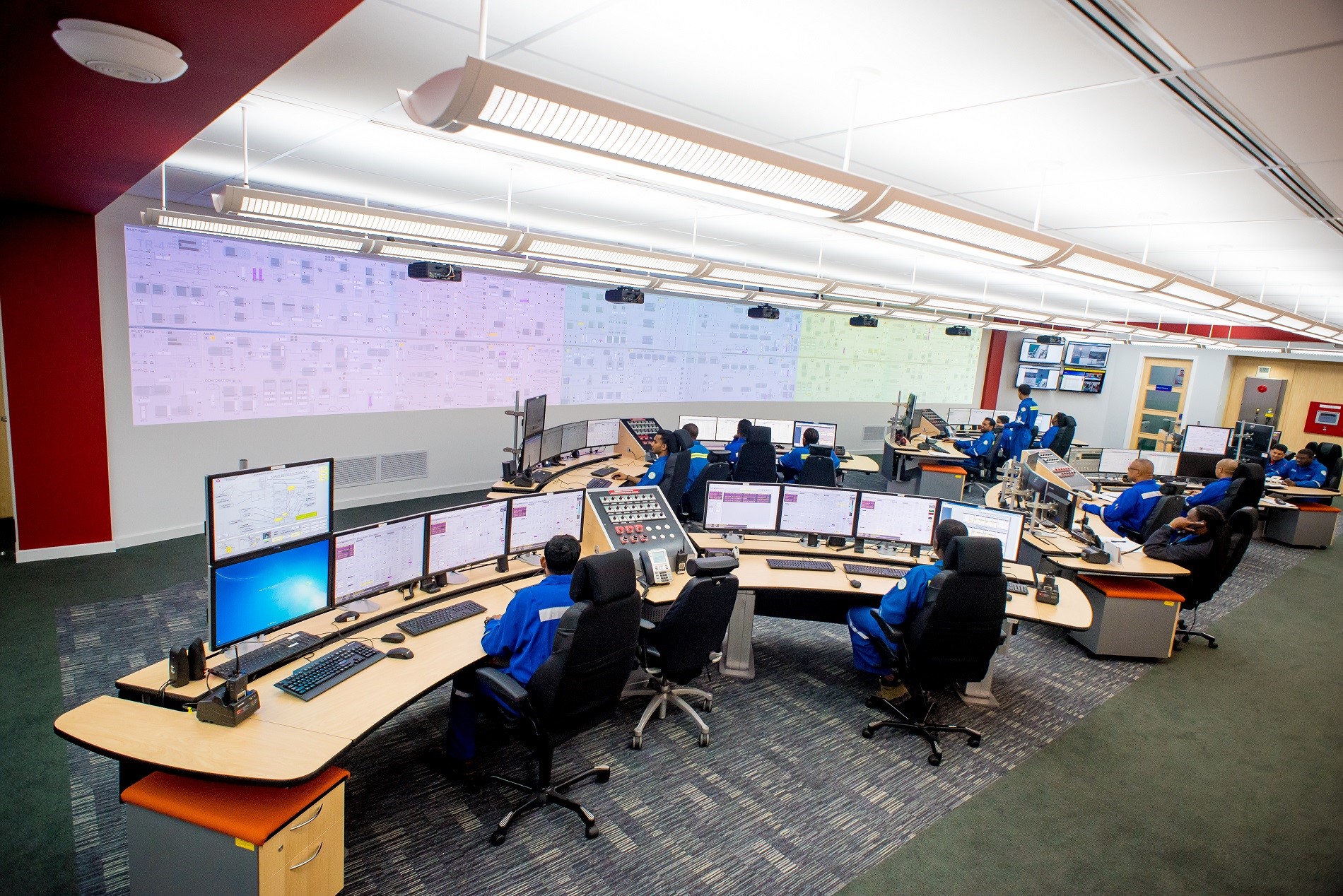What an Effective Alarm Management Team Looks Like (and How to Build One)
Alarm management is a critical aspect of any organization, as it helps to ensure the safety and security of both individuals and assets. An effective alarm management team plays a vital role in this process by managing alarms efficiently, reducing nuisance alarms, and identifying potential hazards before they turn into major incidents.
Characteristics of an Effective Alarm Management Team
An effective alarm management team should possess certain characteristics that set them apart from others. Let’s take a look at some of these key traits:
- Dedicated and Skilled: The members of an efficient alarm management team are dedicated professionals with specialized skills and knowledge in alarm systems. They have a thorough understanding of how alarms work and are trained to respond to any abnormal or emergency situation that may arise.
- Collaborative and Communicative: An effective alarm management team works closely with other departments within the organization, such as operations and maintenance, to ensure proper coordination. They also maintain open communication channels with all stakeholders, including operators, engineers, and management.
- Proactive: Rather than simply reacting to alarms, an effective alarm management team takes proactive measures to prevent false or nuisance alarms. They continuously monitor and evaluate the system’s performance, making necessary adjustments to improve its effectiveness before an incident occurs.
- Continuous Learning: An effective alarm management team stays up-to-date with industry best practices and new technologies. They constantly seek opportunities for improvement and are committed to continuous learning and professional development.
How to Build an Effective Alarm Management Team
Building an effective alarm management team requires careful planning and execution. Consider these essential steps:
- Define Roles and Responsibilities: Clearly define the roles and responsibilities of each team member, including their involvement in alarm handling procedures, system maintenance, and communication protocols.
- Train and Certify Team Members: Invest in training and certification programs for your team members to equip them with the necessary skills and knowledge to effectively manage alarms.
- Establish Standard Operating Procedures (SOPs): Develop SOPs that outline how alarms should be handled, including escalation procedures, response times, and documentation requirements. The consequence of inaction should be identified and documented for each alarm.
- Implement Technology solutions: Leverage technology solutions like alarm management software to streamline processes, reduce human error, and improve decision-making.
- Encourage collaboration and communication: Foster a culture of collaboration and open communication within the team and across departments to ensure seamless operations.
An effective alarm management team is essential for any organization that wants to maintain a safe and secure environment. By possessing key characteristics and following best practices, this team can effectively manage alarms, reduce risks, and prevent potential incidents from turning into major disasters. With careful planning and investment in training and technology, you can build an efficient alarm management team that will continuously improve your organization’s safety and security measures. So, it is crucial to prioritize building an effective alarm management team for the overall well-being of your organization.

